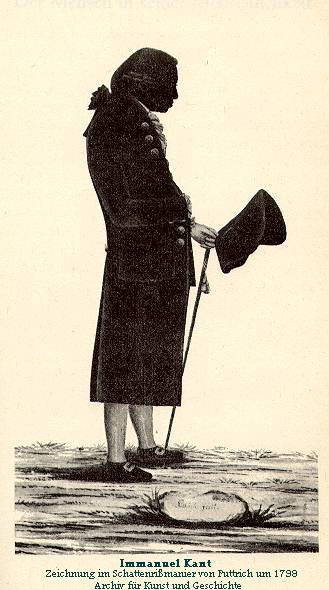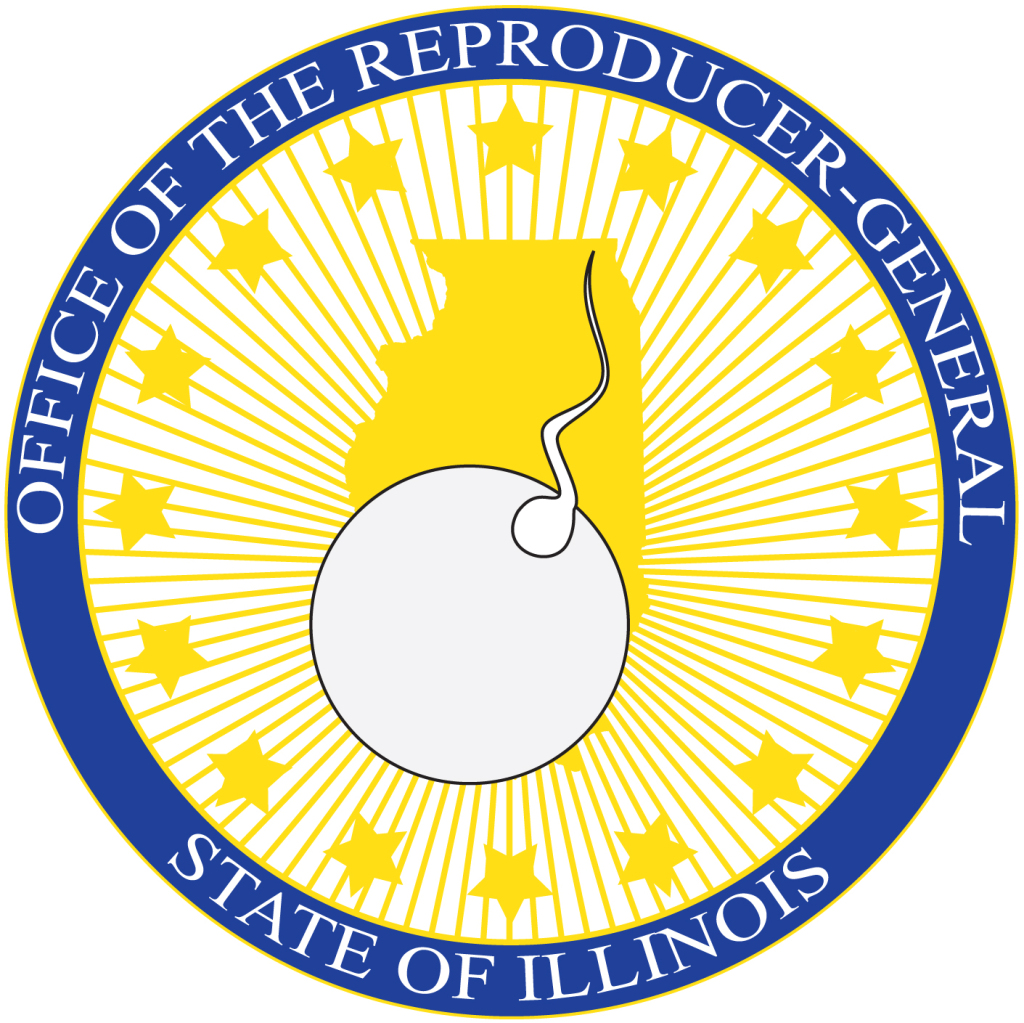Was Kant really that skeptical?
Some readers of Explaining Postmodernism object that I over-interpret Kant’s skepticism. Some prefer a gentler, more objectivity-friendly Kant. So while I quote Kant a lot in making the argument that Kant’s philosophy is radically subjectivist and the critical step down the road to postmodernism, not everyone is convinced. So I am grateful to Quee Nelson […]
Was Kant really that skeptical? Read More »

